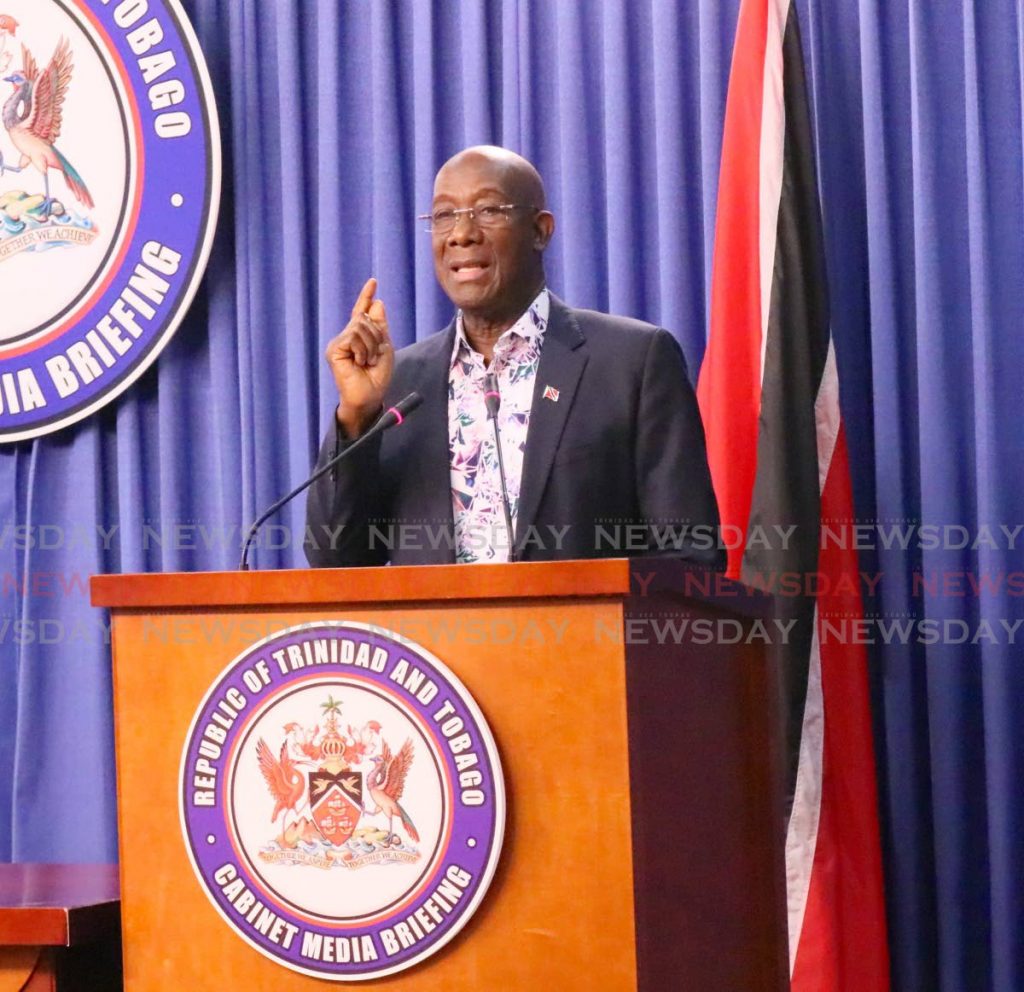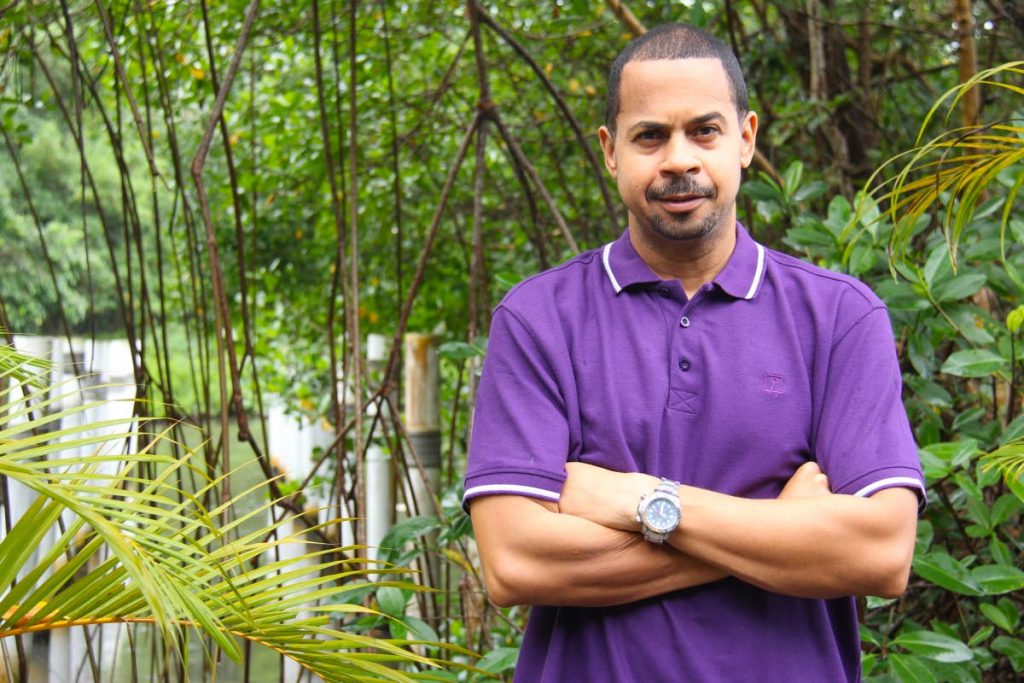Getting answers the public deserves

Fifteen minutes – that's how long the PM took to answer a question he wasn't asked at a recent covid19 briefing.
My last column offered suggestions to journalists covering regular pandemic briefings that I feel compelled to watch in reckless disregard for my therapist's advice to avoid so doing.
The briefings have become pulpits for bloated homilies that, as is often the case with homilies (at least the ones to which I've been exposed), leave the listener feeling full but achingly unsatisfied.
A journalist asked the PM a question about the vehicle tax exemption controversy. It seems lost on those in government that the imbroglio was first propelled into national conversations by ordinary people and the media.
The opposition, tasting bacchanal in the water, ran with it. Oddly enough, those on the other side seem not to have accounted for the fact that they parked their own recent luxury vehiclepurchases in their glass houses.
Clearly having anticipated that particular question, Dr Rowley indulged a rudderless diatribe on corruption in public office, exhuming an EMBD court matter originating from the PP government's time in office.
For good measure, he also threw in references to allegations of corruption associated with the Curepe interchange, as well as the purchase of coast guard vessels by the PP administration.
Interestingly, for all the covid19 news conferences I've endured, this is the first occasion the PM actually came prepared prepared to speak his truth, at any rate.
To be clear, Rowley's meandering response to the original question had absolutely nothing to do with what was asked. There is no correlation between the propriety of MPs purchasing tax-exempt luxury vehicles in an economically devastating pandemic and yarns about malfeasance in office from an administration that was voted out more than six years ago.
The PM's unchecked ramajay into territory completely alien to the question it inspired was then abruptly concluded with a passive-aggressive mic drop, "Thank you very much!"
Also peculiar about his bumptious soliloquy were the yawning gaps in his stream of consciousness; pauses that could easily have been filled with course corrections by journalists to get the PM back on track.

Is it that reporters believe there's some unwritten injunction against interrupting a prime minister while answering a question? Are they nervous about being rebuked on live television?
All journalists have had to interview people who are either brusque, choleric, or rambling. That's an average day in the business. You must push past the negative swipes, insinuations, and evasiveness to get at the truth.
Not only is intervening in a response that's gone off the rails important, it's required. A subject may not be answering the question as asked. Additionally, the interviewee might be taking too long to get to the point. In most cases, time is short and there are many important issues you need to cover before your time expires.
Some of the top interviewers on foreign networks interrupt their subjects every 30-45 seconds. Naturally, there is no prescribed time frame within which to butt in.
An interview is a delicate balancing act of listening, keeping track of what's being said, processing follow-up questions in your own mind, and determining whether the subject has answered the question satisfactorily before moving on. You also need to be able to identify at what point it's clear the interviewee won't answer the question no matter how many times he/she is asked.
Interview subjects often unwittingly leave openings for the interruption. In a response, there are usually pauses to take a breath or just pauses where the person's train of thought reaches the end of its track.
Body language is usually a good indicator as well. When an interviewee averts his or her eyes from you it usually means they're searching their minds for a thought or point. These are all good places to insert yourself and steer the interview in the right direction.
It's worthwhile noting that most of our politicians don't have media training. They have no inbuilt ability to speak in a concise, cogent manner. Their experience derives from speaking on political platforms; a loose, often extemporaneous performance with no respect for facts, time, or people's attention spans.
Politicians must be made to understand that flogging their agenda is for the political platform. If they submit themselves to the instrument of the news conference, they must be prepared to answer to the public. The job of the journalist is to hold them to their oath of office and the truth.


Comments
"Getting answers the public deserves"